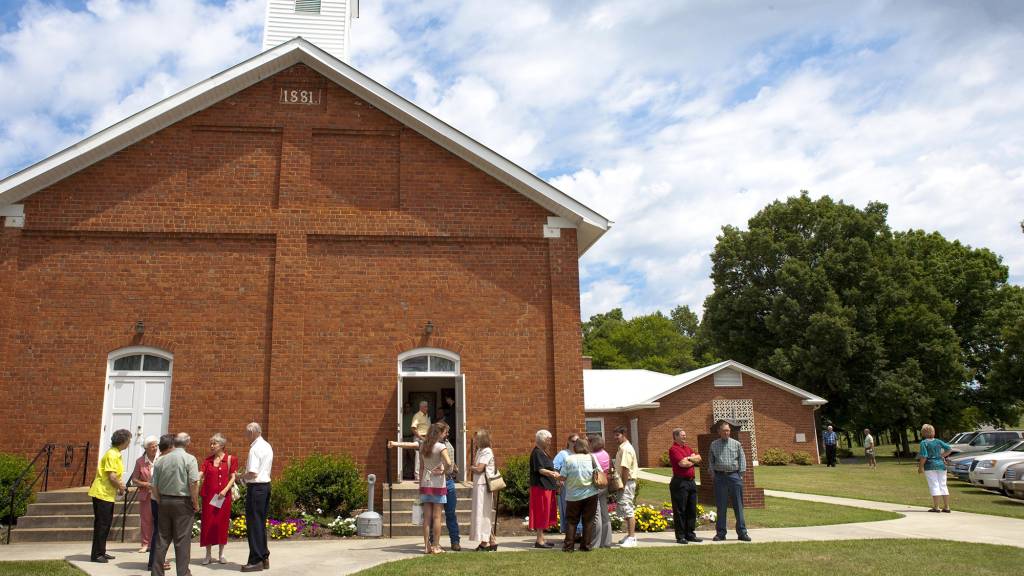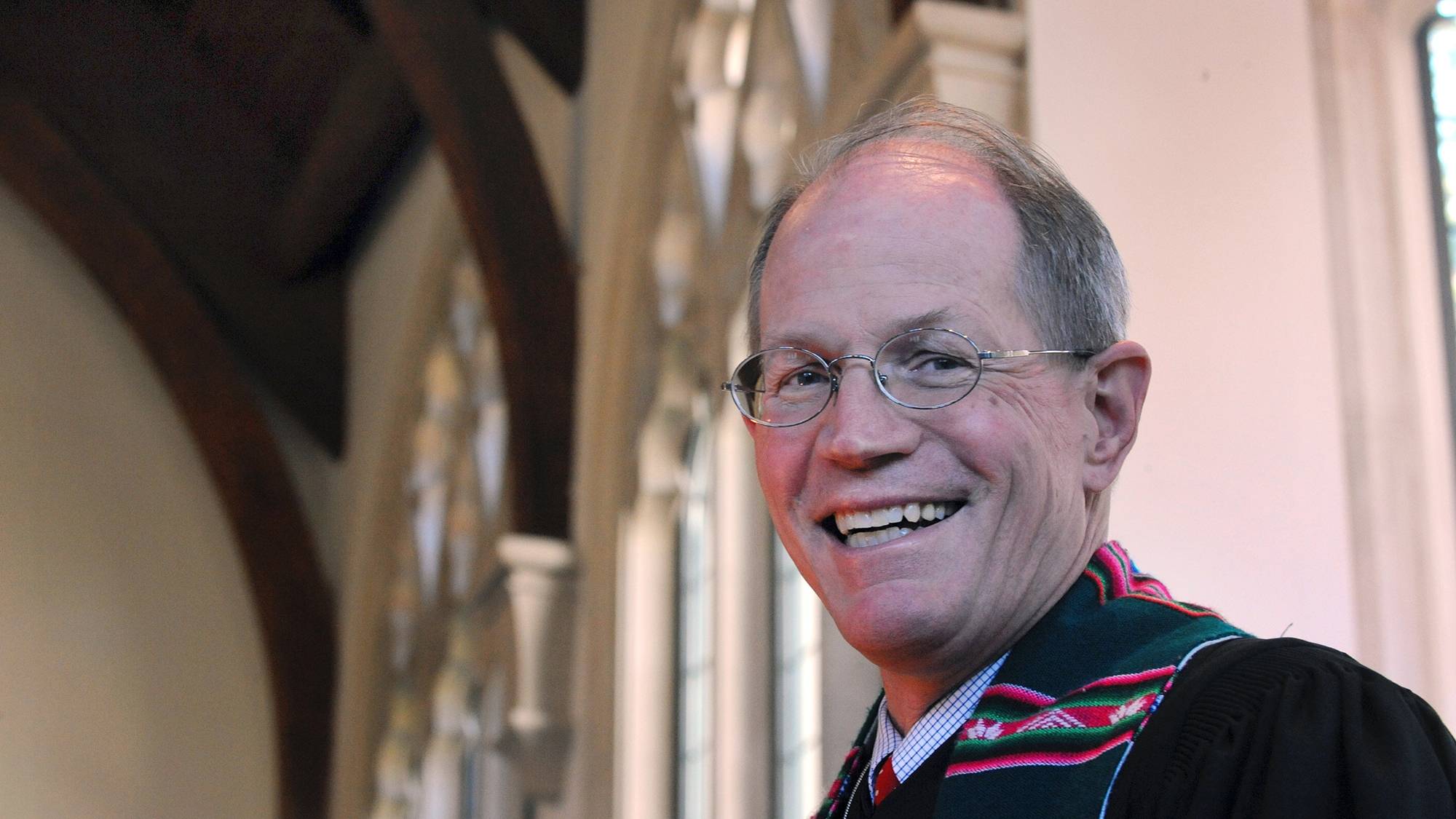Challenge
Preparing for ministry in a rural setting requires an understanding of the dynamics of a rural community and the church’s place within it.
Preparing for ministry in a rural setting requires an understanding of the dynamics of a rural community and the church’s place within it.
The Duke Endowment helps train aspiring and practicing clergy for leadership in rural communities by providing scholarships to various programs at Duke Divinity School.
Of the students who receive field placements in rural United Methodist Churches in North Carolina each year, roughly half receive scholarship and stipends funded by The Duke Endowment.
Churches can play a key role in rural communities, but they must be led by a pastor who understands the dynamics of a rural community and the church’s place within it. Because rural communities are different from urban and suburban ones, pastors often face challenges and issues that their urban colleagues do not. Preparing for ministry in a rural setting requires an understanding of theology, as well as economics and community dynamics.

James B. Duke once said that if he ever amounted to anything, it would be because of the preaching of rural church pastors. As part of Mr. Duke’s commitment, The Duke Endowment helps train aspiring and practicing clergy for leadership in rural communities by providing scholarships to various programs at Duke Divinity School.
The longest-running of the Endowment-funded scholarships supports field placements in rural North Carolina churches for students pursuing a Masters of Divinity degree. The Endowment first funded field education in 1926 and has invested in its growth and development since. All divinity students must have at least two field placements during at least two field placements to graduate.
The Endowment also provides scholarships for pastors in rural United Methodist Churches in North Carolina to attend clergy leadership programs at Duke Divinity School:
Each program allows practicing pastors a chance to examine and strengthen their rural leadership skills and commitment while remaining engaged with their congregations.
Duke Divinity School places about 200 students each year in field placements in rural United Methodist Churches in North Carolina. Roughly half of those students receive scholarships and stipends funded by The Duke Endowment.
Rural pastors who attend leadership education programs at Duke Divinity School make up one-quarter to one-third of annual participants, a number that would surely dwindle without scholarship assistance from The Duke Endowment. Endowment-funded scholarships cover about 40 to 75 percent of program costs for rural pastors.

To help prepare ministers for service in rural congregations, The Duke Endowment supports several clergy leadership programs at Duke Divinity School.
Providing leadership education requires flexible options. With clergy in so many different phases of their careers, a “one-size-fits-all” approach may be unrealistic for would-be participants. Duke Divinity School offers leadership programs that range from intensive, small-group study to one-time, “large tent” events that attract a broader constituency.
Synergy with a major strategic initiative increases capacity. Duke Divinity School’s participation in the Thriving Rural Communities Initiative has helped expand its capacity to offer leadership programs and has sharpened its focus. As a result, the partnership between Duke Divinity School, The Duke Endowment and the two conferences of the United Methodist Church is strengthened.